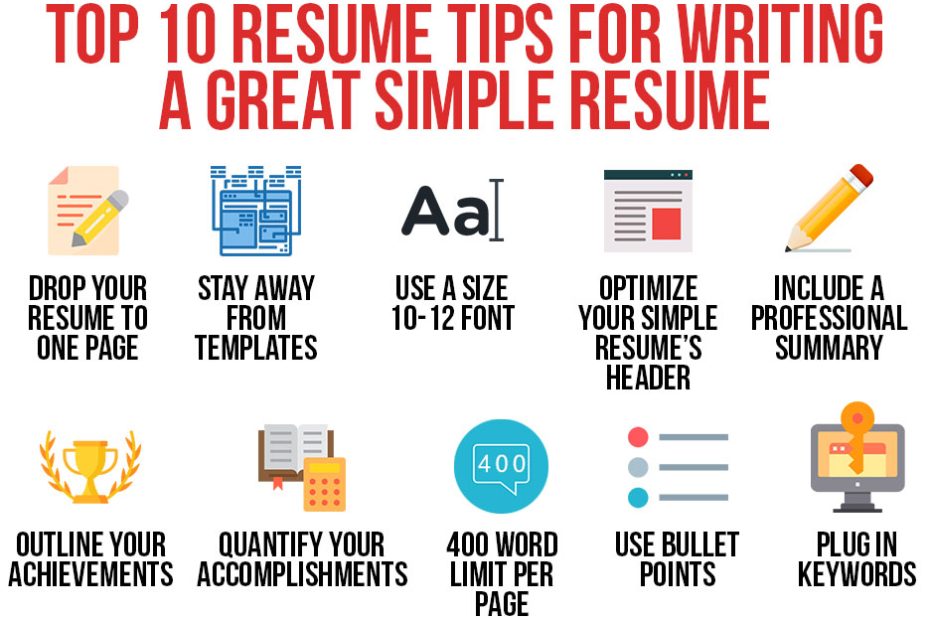When I think about resumes, I’m reminded of a scene I once witnessed in a hiring manager’s office. A stack of resumes sat on the desk, easily two inches thick. The manager flipped through them at lightning speed—ten seconds per resume, maybe less. In those precious moments, some applications sparked enough interest to earn a closer look, while others were quietly set aside. It wasn’t about who had the most impressive career on paper, but who knew how to present their skills, achievements, and personality in a way that stood out.
A resume isn’t just a document; it’s your personal marketing tool. Whether you’re applying for a corporate role, trying to break into a creative industry, starting your own business, or seeking a non-service role in fields like research or academia, your resume needs to speak directly to the person holding it. Here’s how to approach it from different professional angles.
For Service Sector Professionals
The service sector—hospitality, retail, healthcare, customer support—runs on people skills and reliability. Your resume should shine a light on both. Instead of just listing your job titles, use your bullet points (or short, crisp sentences) to show impact. Did you improve customer satisfaction scores? Train new employees? Reduce complaint resolution time? These concrete results tell an employer exactly why you’re valuable.
In service roles, soft skills often matter as much as technical ones. Highlight attributes like communication, adaptability, conflict resolution, and teamwork. Use specific examples—“Resolved 50+ customer inquiries daily with a 98% satisfaction rate” says far more than “Good customer service.” Also, if you’ve worked with point-of-sale systems, booking software, or healthcare management tools, name them. It signals you can hit the ground running.
For Business Professionals
In the corporate and entrepreneurial world, your resume should project leadership, strategy, and measurable results. Hiring managers here are looking for impact on profitability, growth, and efficiency. Think about the numbers behind your work—percentage increases in sales, budget sizes managed, cost savings achieved, client portfolios expanded.
For managers, emphasize leadership achievements: how many people you’ve led, the size of projects you’ve overseen, and the systems you’ve implemented. For entrepreneurs or small business owners, it’s equally important to frame your achievements in ways potential investors or partners can appreciate—growth metrics, product launches, market expansion, and brand building.
Remember, in business, brevity with substance works best. A clear, achievement-driven structure that balances hard metrics with a sense of vision will resonate with decision-makers.
For Non-Service Professions
This category is broad—academia, research, technical fields, government roles, skilled trades—and each has its own language. The key here is to align your resume style with the industry norms while still making it engaging.
In research or academia, for example, your resume may extend into a CV format, listing publications, conferences, research grants, and teaching experience. The emphasis is on subject expertise, contributions to the field, and collaboration on projects. In skilled trades, the focus shifts toward certifications, hands-on expertise, and reliability in delivering quality work.
For government and policy roles, a resume that clearly outlines your knowledge of regulations, project management, and stakeholder engagement will stand out. If the industry is technical—engineering, IT, or sciences—highlight problem-solving examples and showcase the tools, software, or methodologies you’ve mastered.
Universal Resume Tips That Work Everywhere
No matter the profession, a few golden rules apply across the board. First, tailor your resume to the job description—mirroring the keywords and phrases they use makes you more likely to pass automated screening systems. Second, keep the layout clean and easy to scan; avoid dense paragraphs, tiny fonts, or distracting graphics unless you’re in a creative field where design is part of the skillset. Third, proofread—spelling or grammar mistakes signal a lack of attention to detail.
Lastly, always remember that your resume is a living document. As your career evolves, so should your resume. Update it regularly, trimming outdated roles and adding new skills or accomplishments. A resume written once and left untouched for years is like a photograph—it freezes you in time, which is the last thing you want when you’re aiming to show growth.
In the end, a great resume doesn’t just list your work history—it tells the story of your professional journey. It convinces a stranger that you’re worth meeting, worth talking to, and possibly worth hiring. Whether you’re serving customers, leading a business, or advancing in a specialized field, your resume is the bridge between where you are now and where you want to be. Build it with care, and it will carry you forward.
